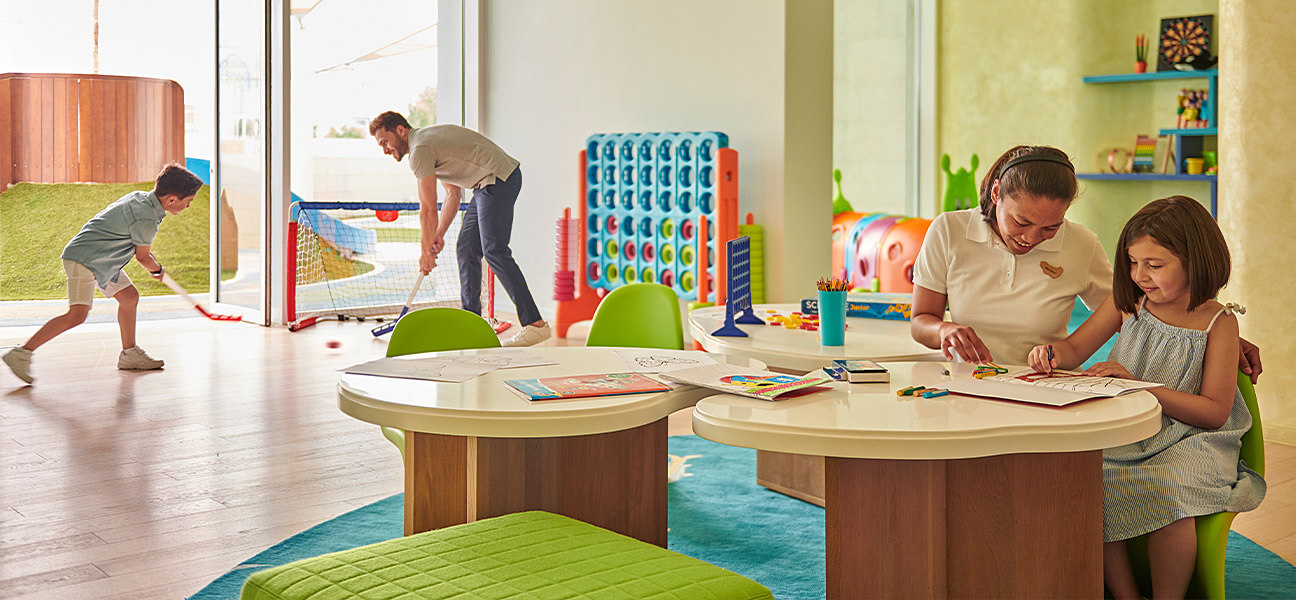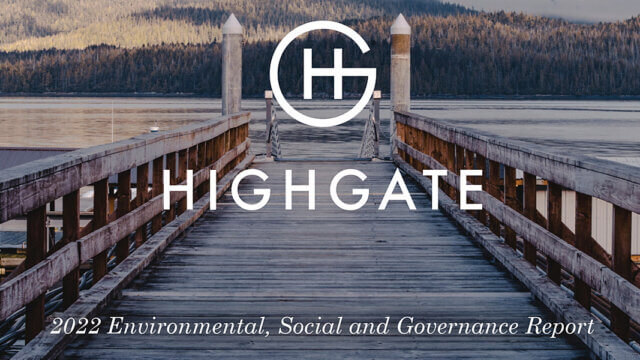One in every four individuals in the U.S. has a sensory need or an invisible disability according to KultureCity, including those with autism spectrum disorder, dyslexia and attention-deficit disorder. With more than 90% of neurodivergent individuals and caregivers of neurodivergent individuals in the U.S. planning to travel at least one night this year, a new survey led by Hyatt finds hotels can make their travel journeys, from pre-arrival to checkout, more seamless and inclusive.
The survey was done in collaboration with KultureCity, a nonprofit on sensory accessibility and acceptance for those with invisible disabilities, and external consultants Professors Dr. Recep “Richie” Karaburun and Dr. Vanja Bogicevic from New York University’s Jonathan M. Tisch Center of Hospitality. Designed to listen to the key challenges of neurodivergent individuals, the survey is the first step in generating awareness for this growing demographic and how the hospitality industry can better serve them, according to Hyatt.
Stress-free hotel stays start at research and booking stage
• Self-identify neurodiversity during booking to receive customized care: Nearly 70% of caregivers and more than half of neurodivergent travelers said they would disclose their neurodiversity during the booking process for a hotel to better serve them. The sentiment was even higher (more than 75%) for neurodivergent business travelers.
What hotels can do: With the option of self-disclosure comes the responsibility to train on-property teams. Hyatt promotes skills training and offers courses for colleagues designed to increase understanding and inclusion of neurodivergent individuals and is dedicated to expanding to more properties this year.
• Accurate visuals help prepare for what to expect upon arrival: More than 50% of neurodivergent respondents would like more property visual layouts (3D virtual tours, floorplans, etc.) to make the travel experience easier.
What hotels can do: Preparing for arrival starts with visuals featured on property websites.
• Accommodating room location and type is important, but staying flexible is key: More than 60% of caregivers believe that pre-assigned rooms could make the check-in experience better. Being able to select rooms that fit individual needs, such as rooms with less potential noise (i.e., at the end of a hall, top floor, away from elevators, not facing a busy street, etc.), is one of the key areas both neurodivergent travelers and caregivers agree on. Many also noted they would like hotels to stay flexible as travel could be new to them and their needs may change upon arrival given the shift of environment.
What hotels can do: Giving travelers the flexibility to choose a room type, amenities and even the location of the room, as well as clearly listing hotel amenities on websites, can make a significant difference in the travel experience.
• Personalized and frequent pre-arrival communications instill a sense of comfort: While email is the most preferred method of communication among both groups, there is also a significant desire for personalized communications for neurodivergent travelers. Almost one-third (30%) of neurodivergent travelers want to receive a phone call about an upcoming hotel stay. This preference is greater for neurodivergent business travelers, with more than half indicating a phone call would be preferred over a standard email confirmation. Nearly 30% of caregivers prefer the “more communication the better” to prepare for their arrival.
What hotels can do: Train on-property concierge services and reservations staff to offer personalized pre-arrival communications for neurodivergent travelers and caregivers.
“When someone walks through our doors, as a colleague, guest or customer, we want them to feel cared for so that they can be their best; this is our purpose as a company, and our work with KultureCity and the NYU professors is a realization of that care,” said Mark Vondrasek, chief commercial officer, Hyatt. “By starting with listening and empathy, and taking meaningful action, we believe we can fundamentally change the experience for neurodivergent guests, who are expecting more from their travel experiences and the hospitality brands they choose to stay with. As we are learning more, we will work closely with the Hyatt disABILITIES Diversity Business Resource Group and our expert collaborators to advise us on how to make improvements throughout the guest journey to be more inclusive.”
On-property accommodations and amenities make a difference
• Digital check-in/check-out experiences help limit on-property interactions: More than half of neurodivergent travelers want to limit communications with front desk staff upon arrival and both groups are in favor of self-check-in, which can streamline the time spent in the lobby. While all travelers believe that self/mobile checkout would greatly improve their experience, it is particularly favored by neurodivergent business travelers.
What hotels can do: Offer digital check-in/check-out services to limit in-person interactions upon arrival.
• In-room sleep offerings and well-being spaces increase comfort: Approximately 60% of Millennials and Gen Z neurodivergent travelers and caregivers said they would welcome sleep gadgets (pillow menu, sleep mask, noise-canceling headphones, meditation/sound machine, etc.) to make their hotel stays more comfortable. More than half of neurodivergent travelers also noted they were highly likely to take advantage of well-being activities during their typical stays, emphasizing the importance of offering spaces and options to practice self-care while away from home.
“Individuals with invisible disabilities are often misunderstood and our collaboration with Hyatt aims to change that by directly listening to the community,” said Sean Culkin, KultureCity team member, autism self-advocate and member of the neurodivergent community. “With KultureCity carving the path for inclusion and awareness and Hyatt leading the way to have an open conversation to uncover areas of improvement, we can provide the tools and resources for the hospitality industry to encourage neurodivergent travelers so they, too, can immerse themselves in the transformative powers of travel.”




